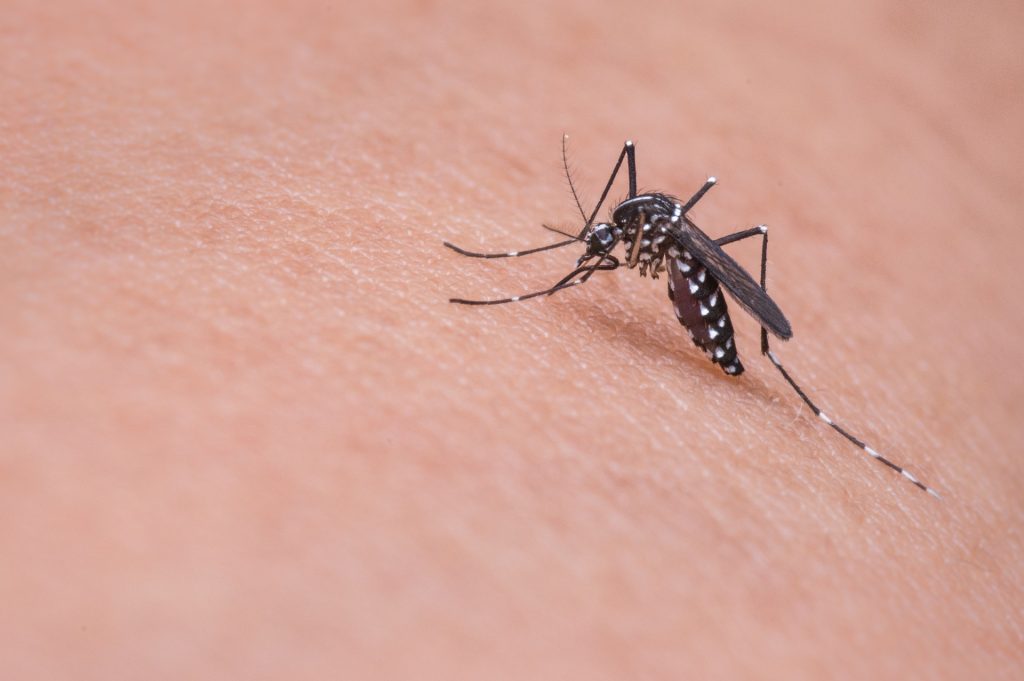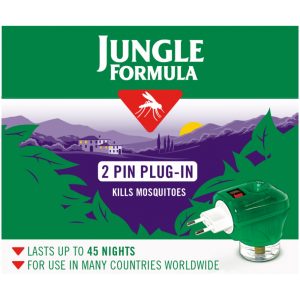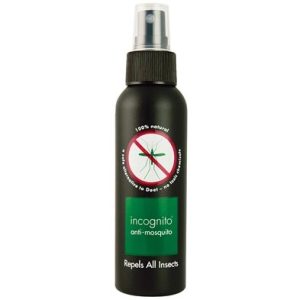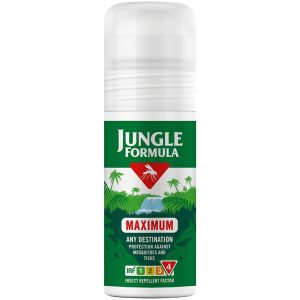Chemist.net Cookie Policy : We use cookies to enhance your user experience. To find out more please view our cookie policy
Protect Yourself from Insect Bites: A Comprehensive Guide

The great outdoors offers an abundance of beauty and adventure, but it also comes with its share of pesky insects ready to spoil your fun with their unwelcome bites. While some bites are merely irritating, others can lead to serious health concerns. Whether you're exploring nature, spending time in your garden, or embarking on a camping trip, learning how to prevent insect bites is essential for a pleasant and safe experience. In this blog, we'll share valuable tips and tricks to keep those bothersome bugs at bay.
Dress Appropriately
One of the easiest ways to shield yourself from insect bites is to wear the right clothing. Choose light-coloured, loose-fitting, and long-sleeved attire. Long trousers and closed-toe shoes are highly recommended, especially in areas where insects are prevalent. Tucking your pants into your socks or shoes can help prevent crawling insects from finding their way up your legs.
Use Insect Repellent
Insect repellents are a tried-and-tested method to keep bugs at a distance. Look for repellents containing DEET which has been proven to be effective against a wide range of insects, or for a natural alternative and for younger children look for citronella-based repellents. Apply the repellent on exposed skin following the instructions on the label. For added protection, spray your clothing with repellent as well.
Avoid Peak Activity Times
Different insects have peak activity times throughout the day. Mosquitoes, for example, are most active during dawn and dusk, while bees and wasps are generally more active during the daytime. If possible, plan your outdoor activities around these times to reduce your exposure to these biting bugs.
Create a Bug-Free Zone
If you're spending time in your back garden, consider creating a bug-free zone. Use fans, mosquito nets, or screens to keep insects away from your seating and dining areas. You can also use citronella candles or insect-repelling torches to deter bugs from invading your outdoor space.
Remove Standing Water
Mosquitoes breed in stagnant water, so eliminating potential breeding sites around your home is crucial. Regularly inspect your property for items that may collect water, such as buckets, flowerpots, birdbaths, and clogged gutters. Empty or replace the water in these containers to disrupt mosquito breeding cycles.
Keep Your Surroundings Tidy
Insects love hiding in overgrown vegetation, tall grass, and piles of leaves. Maintain a well-trimmed lawn and clear away any debris or clutter that could serve as a hiding spot for bugs. This reduces the number of insects near your living spaces and reduces the risk of getting bitten.
Be Cautious Around Flowering Plants
Flowering plants can attract bees, wasps, and other insects. While these creatures are essential for pollination, it's best to exercise caution when near their habitats. Move calmly and avoid sudden movements to minimise the risk of provoking a sting or bite.
Sleep Under a Mosquito Net
When camping or traveling to areas with high mosquito populations, use a mosquito net to protect yourself while sleeping. Properly tuck the net under your mattress or sleeping bag to ensure no mosquitoes can find their way inside.
Conclusion: By following these preventive measures, you can significantly reduce the chances of getting bitten by insects and enjoy your time outdoors with greater comfort and peace of mind. Remember to dress appropriately, use insect repellents, and be mindful of your surroundings to minimise the risk of insect bites. Embrace nature's beauty while keeping yourself safe from the unwanted attention of biting bugs!


